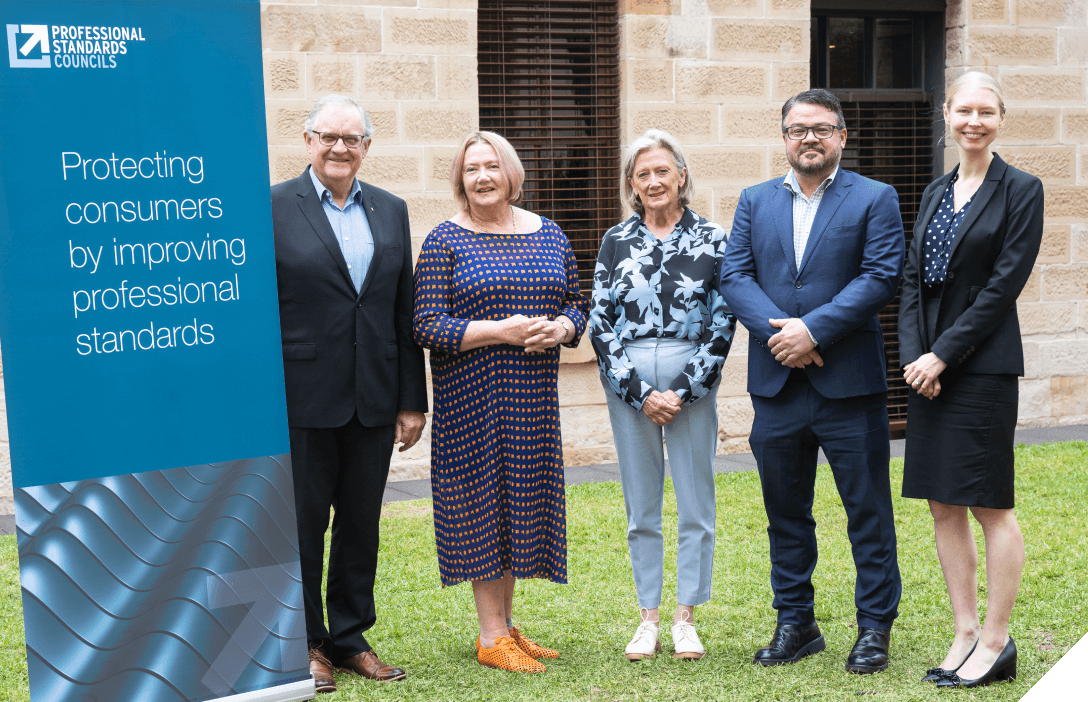Achievements observed across the accounting associations include:
- reviews and updates to risk management plans, including review of existing risks and controls and/or new or emerging risks and risk management strategies
- two associations delivered initiatives to provide education, training or resources related to ethics requirements
- two associations made changes to complaints systems to improve monitoring or processes to improve management of complaints and disciplinary action
- one association updated information and resources to inform members of scheme obligations.









